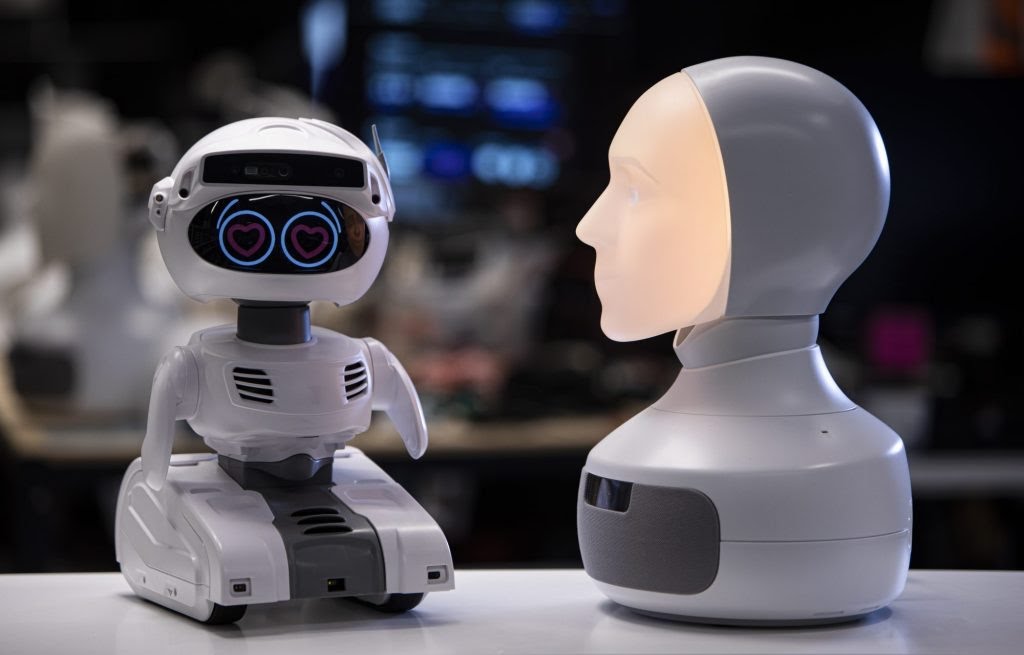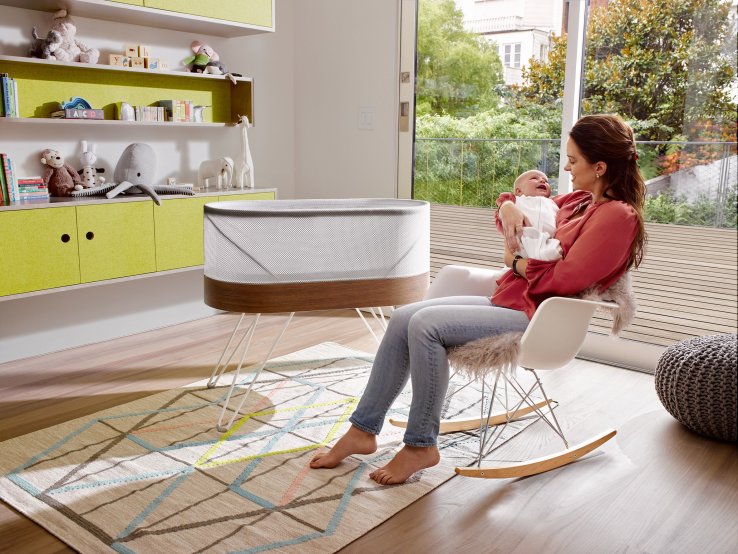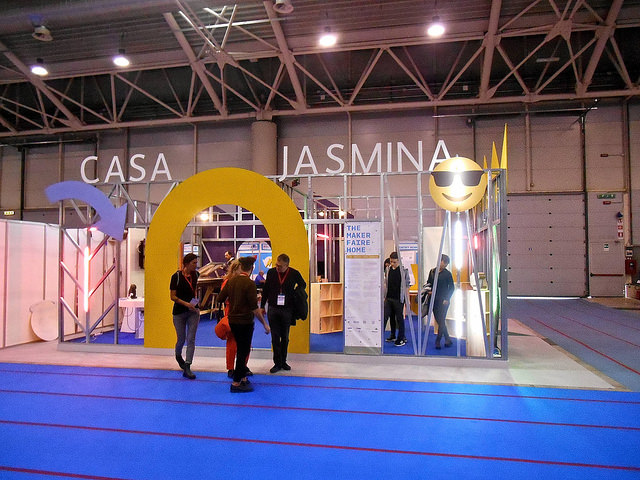The big story this week in IoT was the joint venture between Ford and ADT to add smart home security to cars through an in-vehicle security system. Then we discuss the FTC and Department of Justice reconsidering how they evaluate mergers. We also explain variations on Wi-Fi, from the launch of new Wi-Fi 6E gear to the coming Wi-Fi 7 standard. We include a blast from the past with an update on Misty Robotics and, in other robot news, we cover research from the MIT Media Lab on giving robotics a personality. We’re also sharing news about energy harvesting Bluetooth company Atmosic, which has a new product and $72 million in funding. In smaller news, we are excited about smart home company Tado going public, and a new way of handling IR sensing that could figure out the nutritional value of food. We stick with the food topic by discussing my latest purchase, a smart induction range from GE Appliances. Finally, we listen to a question from Kevin in St. Louis about using Amazon Sidewalk or LoRaWAN in wearables.

Our guest this week is Kailas Nair, a co-founder and director at Plentify. The South African startup is trying to help power companies store energy generated by renewable sources for later use by home appliances. Nair discusses how his startup is trying to use sensors and data analysis to make it possible to power a fridge, a heat pump, or a water heater when power is cheap and clean, for use when renewable energy isn’t available. He also explains how important it is to manage energy across many homes, not just on an individual basis. For the last five years, Plentify has sold its electronics and algorithms for water heaters in South Africa, and now he’s bringing the tech to the U.S. and hoping to convince appliance manufacturers to put the Plentify tech into their own products.
Hosts: Stacey Higginbotham and Kevin Tofel
Guest: Kalais Nair, co-founder and director at Plentify
Sponsors: Rightpoint and Hologram
- Canopy will bring smart home security to cars
- U.S. merger guidelines are set to change
- Let’s talk about Wi-Fi 6E and Wi-Fi 7
- Smart appliances will become a source of stored energy
- How Plentify will use insurers and utilities to bring energy storage to homes
Podcast: Play in new window | Download | Embed
Subscribe: RSS


